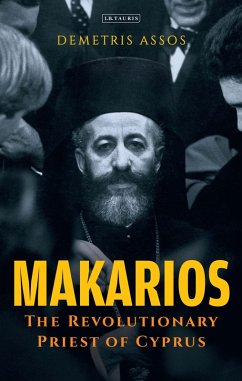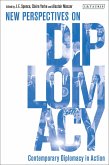When Mikhail Makarios became head of the Church of Cyprus in 1950, Greek Cypriots presumed that he would lead the struggle for union with Greece - partly because the Church was perceived to be the custodian of this nationalist tradition. And though Archbishop Makarios III pursued this objective energetically, by 1959 he had signed the agreements that established an independent Cyprus republic - ending the dream of enosis and setting the scene for today's struggles to bring peace to the island. In this first English language biography of one of the most important figures in Cypriot modern history, Demetris Assos shows how Makarios oscillated between his personal nationalist romantic idealism and the management of hard political realities on the ground, and argues a nuanced understanding of this ambivalence is crucial to contextualise and explain his actions.
Assos shows how, by the 1950s, the political authority of Makarios' position became intertwined with his spiritual power. He also unpicks the influence of the Orthodox Church on modern Cypriot history. A new analysis of the Cyprus experience, this is an essential addition to our understanding of the Cyprus problem, and a new portrait of one of the great Cypriots.
Assos shows how, by the 1950s, the political authority of Makarios' position became intertwined with his spiritual power. He also unpicks the influence of the Orthodox Church on modern Cypriot history. A new analysis of the Cyprus experience, this is an essential addition to our understanding of the Cyprus problem, and a new portrait of one of the great Cypriots.









